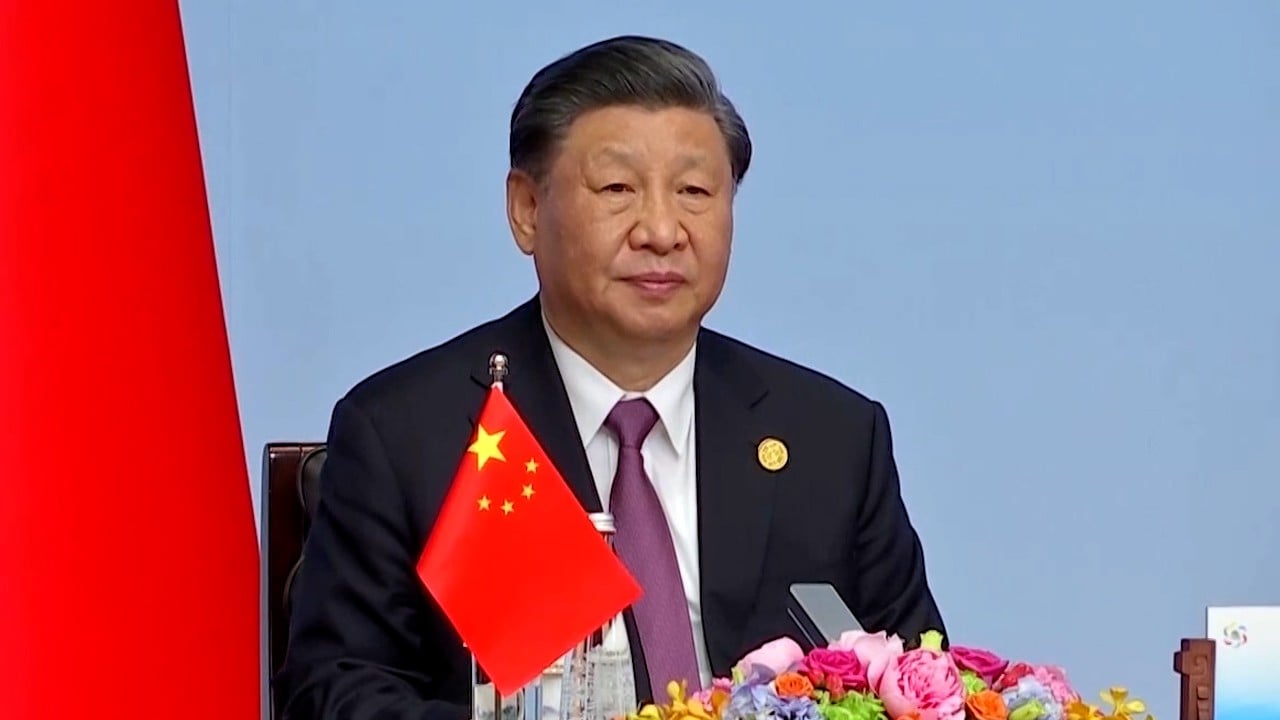
China’s Belt and Road Initiative regains momentum as focus shifts to smaller ‘high-quality’ projects
- The value of deals signed in the first half of the year passed US$43 billion, with metals and mining seeing strong growth
- China is moving away from the large-scale construction projects that characterised the early years of the scheme, which is now in its 10th year
The initiative, which marks its 10th anniversary this year, appears to have regained momentum after the Covid-19 pandemic slowed down activity for three years.
A total of 103 deals worth US$43.3 billion were signed in the first six months of this year compared with US$35 billion in the same period in 2022, according to a report by Fudan University’s Green Finance and Development Centre.
The average value of the deals dropped from US$617 million last year to US$392 million this year, meaning the average was almost half that from the peak in 2018.
China has been moving away from the giant infrastructure projects that rapidly expanded in the first five years of the initiative, with senior officials saying they want to focus on “high-quality” and “small but beautiful” deals. The average amount of financing for construction projects hit a low of US$327 million.
The metals and mining sector saw the largest rise in engagement, with investments and construction in the sector rising from an estimated US$6.8 billion last year to US$10.5 billion this year.
Italy defence minister: joining China’s belt and road plan an ‘atrocious’ decision
Engagement had been particularly strong in Africa and Latin America countries, the report said. Bolivia, Tanzania, Namibia and Eritrea were among the countries that attracted the most belt and road investment and construction in the period in question.
China is the world’s largest market for electric vehicles and largest producer of lithium-ion batteries. It is actively looking to Africa for metals such as lithium, cobalt, and nickel that are key components for batteries to diversify its supply chain.
China will host its third Belt and Road Forum later this year after a four-year hiatus. Dozens of world leaders, particularly those from the developing world, are expected to attend.
China has received close to 10 African leaders since President Xi Jinping resumed in-person diplomacy last September, with most of them pledging to strengthen belt and road partnerships with Beijing. The country also hosted an China-Africa trade expo in Hunan province in May, resulting in more than 150 signed or potential deals worth around US$10 billion.
A total of 52 African countries and the African Union Commission have signed belt and road cooperation documents with China.
Xi Jinping promotes belt and road to leaders of Indonesia, Guyana and Georgia
Tanzanian ambassador to China Mbelwa Kairuki also rejected the “debt-trap” claim in an interview with the state-owned tabloid Global Times in June, saying most African debts wre owed to other countries and institutions.
The Fudan report also found that there had been a fall in belt and road engagement in 26 countries including Russia and Pakistan.
Russia continues to see no public engagement under the Belt and Road Initiative for the second year, while the landmark China-Pakistan Economic Corridor saw a 74 per cent drop in engagement.

 - Kawala Xie.jpg?itok=NogZcyZ-&v=1661304068)
